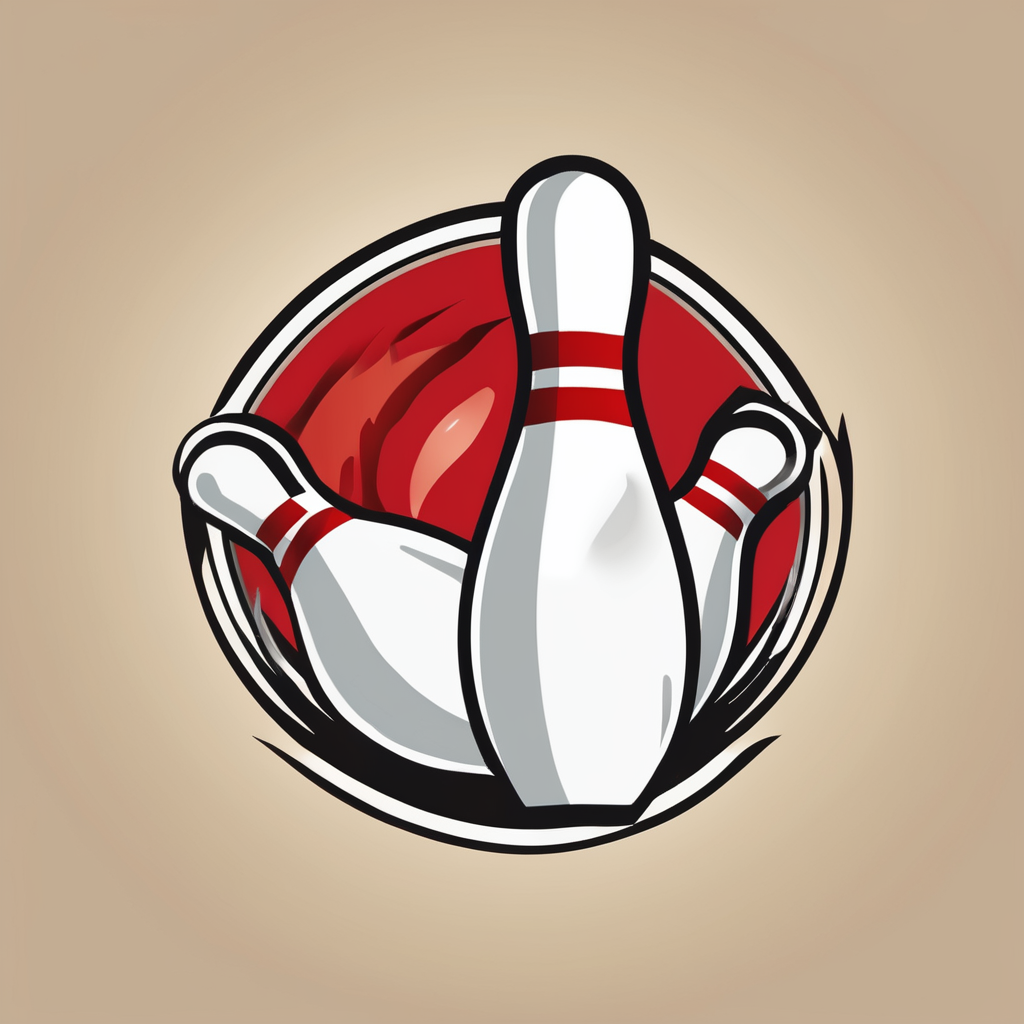Overview of Sumo Wrestling Nutrition
Sumo wrestlers require a specialized nutrition plan to meet the intense demands of their sport. Proper nutrition is as vital as physical training, directly influencing their performance enhancement. The right sumo diet sustains energy, aids recovery, and supports the unique physique required for sumo wrestling. This is particularly challenging for UK wrestlers who may face nutritional challenges due to differing food availability and cultural eating habits.
Achieving the perfect balance in a sumo diet means understanding the relationship between diet and training outcomes. For instance, maintaining high energy levels is critical during rigorous practice sessions, which demands a diet rich in calories and nutrients. However, getting the necessary nutrients goes beyond just consuming large quantities of food; it’s about quality as well.
Have you seen this : Choose the perfect orby gun for your gel blasting adventure
Sumo wrestlers incorporate nutrient-dense foods and calculated meal timing to ensure their bodies are fuelled efficiently. A diet designed specifically for sumo wrestling integrates both traditional knowledge and modern nutritional science, making sure that athletes receive all they need not just to compete but to excel. This careful attention to nutrition helps maintain their power, agility, and overall well-being.
Macronutrient Breakdown for Sumo Wrestlers
Achieving a balanced macronutrient intake is essential for sumo wrestlers to meet their substantial energy demands. With immense physical exertion, each macronutrient holds a distinct role in their nutrition strategy, vital for sustaining peak performance enhancement.
In the same genre : Unlocking Tactical Mastery: Cutting-Edge Kickboxing Strategies to Elevate UK Fighters’ Performance
Role of Protein in Sumo Training
Protein is crucial for muscle growth and recovery. Sumo wrestlers often consume high-quality protein sources, such as lean meats, fish, and plant-based proteins, to repair muscle tissue after strenuous workouts. Adequate protein not only supports muscle development but also assists in maintaining muscle mass—which is pivotal given their weight categories.
Carbohydrate Strategies for Energy
Carbohydrates are the primary energy source for sumo wrestlers. Strategic timing is key; consuming complex carbohydrates like whole grains and vegetables ensures energy reserves are replenishing daily. They often pair their carbohydrate intake with training schedules to maximize energy availability during intense sessions.
Healthy Fats for Sustained Performance
Incorporating healthy fats such as avocados, nuts, and seeds contributes to long-term energy and overall cellular function. Balancing fats with carbohydrates and proteins helps sumo wrestlers maintain energy levels throughout their workouts and daily activities, crucial for their regimen’s demands.
Essential Foods for Sumo Wrestlers
Creating a diet rich in nutrient-dense foods is pivotal for sumo wrestlers, providing the necessary fuel and recovery aids essential for the sport. Foods like lean meats, fish, and legumes deliver ample protein, crucial for maintaining and building muscle mass.
Sumo wrestlers also benefit from incorporating specific superfoods into their meal plan. Foods such as spinach and blueberries are packed with antioxidants, helping reduce inflammation and support recovery. Meanwhile, sweet potatoes and quinoa offer complex carbohydrates, replenishing energy and supporting prolonged exertion during practice sessions.
Meal preparation and planning are fundamental aspects of a sumo wrestler’s nutritional routine. By organizing meals in advance, athletes ensure they consume the necessary nutrients at the right times, maximizing training effectiveness. Planned meals help in maintaining consistent energy levels and aid in recovery post-workout.
By focusing on these nutrient-rich foods and integrating them strategically, sumo wrestlers can enhance their overall performance and maintain their formidable stature. This approach supports both their physical demands during training and their recovery requirements, ensuring they are always ready for competition.
Meal Timing and Frequency
Understanding meal timing and frequency is essential for sumo wrestlers who require precise nutrition to fuel their rigorous training. Nutrient timing plays a crucial role in optimizing the body’s ability to perform and recover. For sumo wrestlers, aligning meals with training schedules maximizes performance enhancement and recovery.
Optimal Meal Timing Strategies
Strategically scheduling meals can make a substantial impact on training outcomes. Consuming a balanced meal rich in macronutrients about 2-3 hours before training ensures that energy levels are maintained during high-intensity sessions. The combination of protein, carbohydrates, and fats should focus on sustaining energy and muscle function.
Importance of Pre- and Post-Workout Nutrition
Pre-training meals are vital, offering immediate energy and focus. Post-workout nutrition, on the other hand, is geared toward recovery, helping to repair muscles and replenish glycogen stores. A high-protein snack or smoothie within 30 minutes after exercise diminishes muscle breakdown.
Frequency of Meals Throughout the Day
Regularly spaced meals keep energy levels consistent and prevent fatigue. Sumo wrestlers often consume five to six meals per day. This frequent eating schedule supports vigorous training requirements and promotes steady nutrient intake, vital for maintaining weight class and peak performance.
Hydration Strategies for Sumo Wrestlers
Hydration plays a crucial role in optimal performance for sumo wrestlers. Maintaining proper fluid balance ensures the body operates efficiently, especially during intense workouts. Adequate hydration not only aids muscle function but also enhances cognitive performance, both vital for sustaining high-level training sessions.
Recommended Fluid Intake Guidelines
Sumo wrestlers should adhere to specific fluid intake guidelines to maintain optimal hydration. While individual needs may vary, a general recommendation is to consume at least 3-4 litres of fluids daily. This intake should be adjusted based on activity levels, with additional fluids during and after rigorous training to replenish losses through sweat.
Role of Electrolytes in Hydration Strategies
Incorporating electrolytes is essential for maintaining fluid balance and preventing dehydration. Electrolytes such as sodium, potassium, and chloride help regulate nerve and muscle function while ensuring that hydration efforts are effective. Sumo wrestlers can benefit from electrolyte-enriched beverages, especially in hot climates or prolonged training sessions. Opting for natural sources like coconut water or specially formulated drinks can effectively support their hydration needs.
Differences Between General Nutrition and Sumo-Specific Nutrition
Unique Nutritional Needs of Sumo Wrestlers
Sumo wrestlers have unique nutritional needs that set them apart from other athletes. Their sumo nutrition focuses on building and maintaining a bulk that combines power, endurance, and flexibility. Dietary adjustments are essential to support the physical goals specific to sumo wrestling. This includes consuming higher caloric intake without compromising agility, relying on foods that simultaneously provide energy and structural support to the body.
Adjustments for Weight Categories
Adjusting nutrition based on weight categories is pivotal. Sumo wrestlers face unique challenges in staying within their designated weight class while ensuring that their training nutrition needs are met. This often means a careful balance of macronutrients, focusing on sufficient protein and carbohydrates for muscle mass and energy, while monitoring fats to avoid unnecessary weight gain.
Comparing General Athletic Nutrition to Sumo Nutrition
Sumo-specific nutrition markedly differs from general athletic nutrition. While most athletes prioritize lean muscle and low body fat, sumo wrestlers need a sturdy physique that can offer strength and stability in the ring. Unlike common sports practices, their nutrition emphasizes strategic weight gain and maintenance, adapting general principles to fit the distinct demands of their sport.
Expert Opinions and Scientific Research
Gaining insight into the nutrition research for sumo wrestlers reveals the complexity and specificity required in their dietary plans. Scientific studies emphasize the integration of traditional and modern sports nutrition practices to ensure sumo wrestlers optimize their training outcomes. Researchers note that a meticulously crafted sumo diet directly correlates with enhanced performance, highlighting the importance of nutrient timing and macronutrient balances.
Expert advice consistently underscores personalized dietary strategies. Nutritionists specializing in sumo underscore the importance of tailoring intake to individual needs, focusing on nutrient-dense foods and precise meal scheduling. Specialists stress that simply increasing caloric intake is insufficient; instead, strategic planning of training nutrition is vital.
Evidence-based strategies are paramount in the dietary planning for sumo wrestlers. Incorporating findings from nutrition research into practice helps achieve performance enhancement, supporting muscle recovery and endurance—a necessity for the sport’s demanding nature. The cross-disciplinary approach involving dietitians, trainers, and sports scientists ensures that sumo wrestlers’ dietary needs are met comprehensively, aiding both competition readiness and long-term health.


